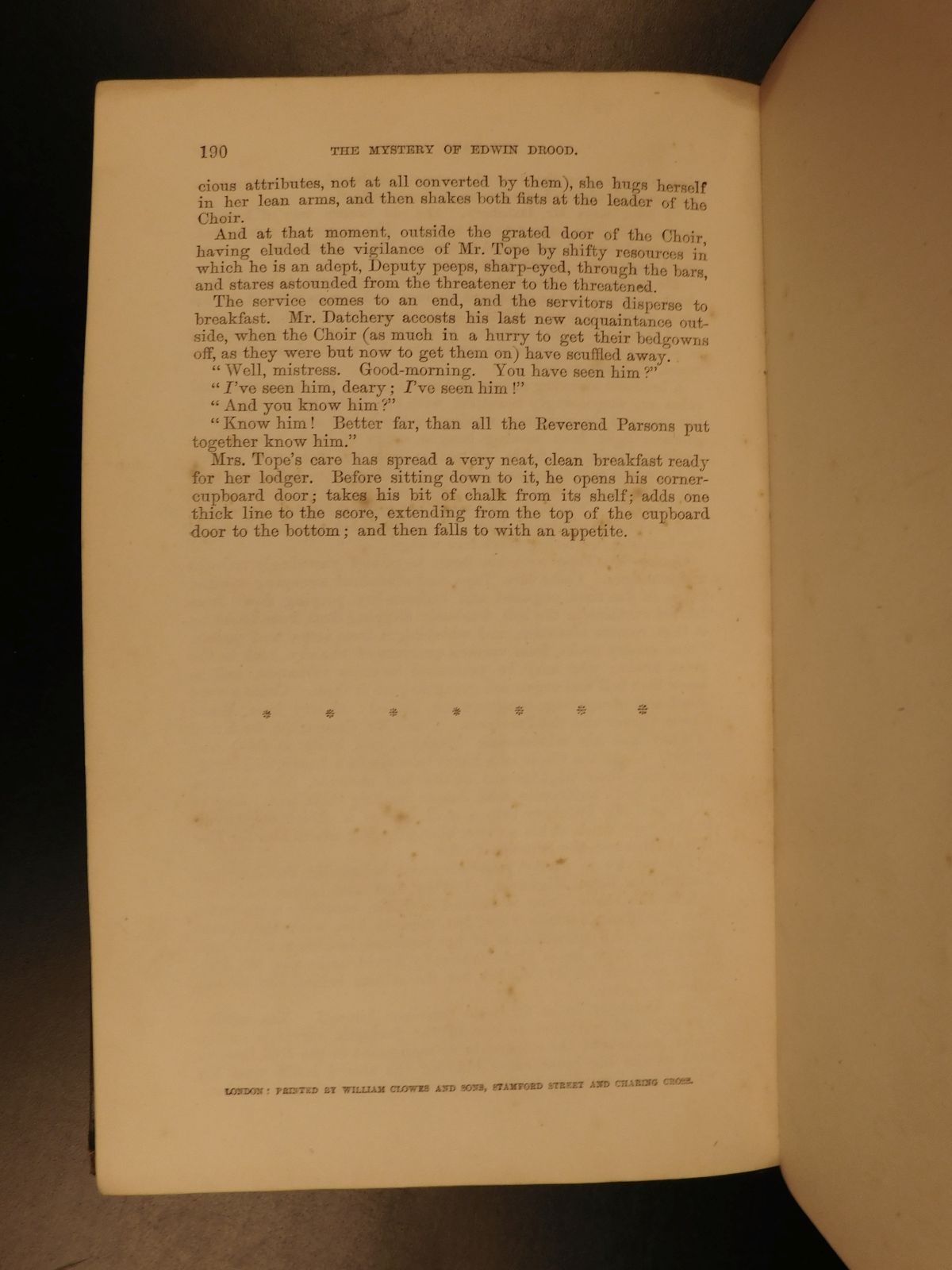


A good story goes beyond what a forgiving God cares to do. It must offer instructions for living in God's realm, where joy never spares one from sorrow. And so unavoidably, it is about families - their victories and wounds and their departed, including the ghosts who linger. A tale that leaves its imprint on a listener tells the truth about how the world lives. VERGHESE: (Reading) The grandmother is certain of a few things. Early in the epic, Verghese offers a sort of roadmap for the story that's about to unfold. The novel revolves around that unusual drowning condition - a medical mystery that unfolds alongside dramatic changes in technology and politics over nearly a century. SHAPIRO: That land is at the southern tip of India, where Verghese's own family originated. VERGHESE: And about a secret that goes back many generations, which is that members of the family, going back every generation, have drowned - drowned in the most unusual places - shallow puddles, lagoons, lakes - in a land where everybody swims. This book is also about the lineage of one family. SHAPIRO: That record of generations inspired him. "The Covenant Of Water" is dedicated to Mariamma, his mother.ĪBRAHAM VERGHESE: When she was in her 70s, my niece, who is her namesake, asked her - Ammachi, what was it like when you were a little girl? And my mother was so taken by that question that she wrote, longhand, in her wonderful penmanship, a hundred-page document, you know, with tales of our relatives and stuff we'd all heard as children growing up - much embellished, of course. His new novel is called "The Covenant Of Water." It's his first in more than a decade since the bestseller "Cutting For Stone" in 2009. NPR's Ari Shapiro speaks with the author Abraham Verghese about his new novel The Covenant of Water in which a family in India is haunted by a medical mystery.ĪRI SHAPIRO, BYLINE: Abraham Verghese is a physician and an author whose books always reflect some part of his life.


 0 kommentar(er)
0 kommentar(er)
